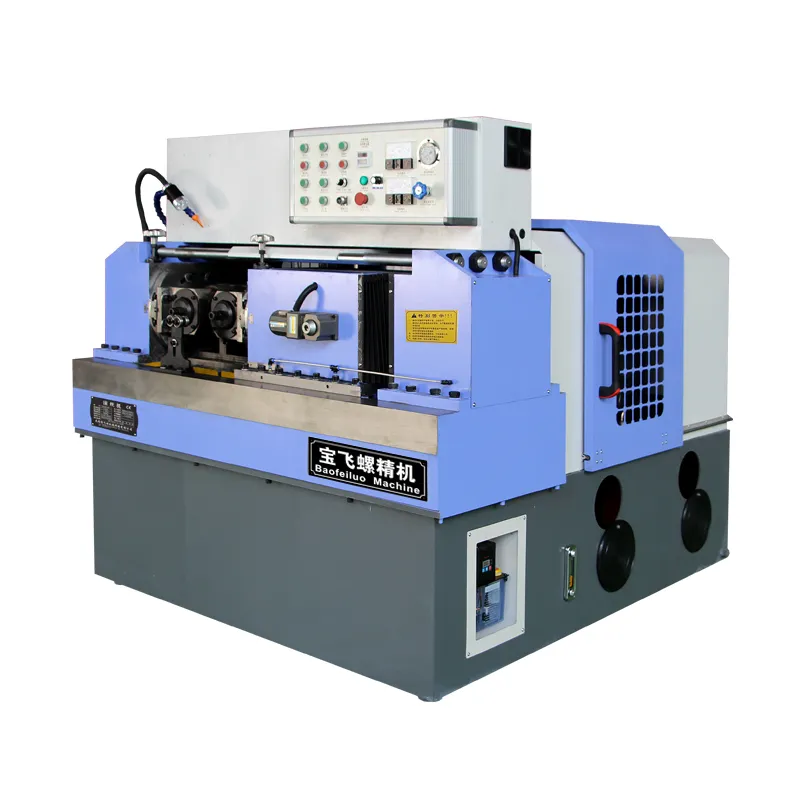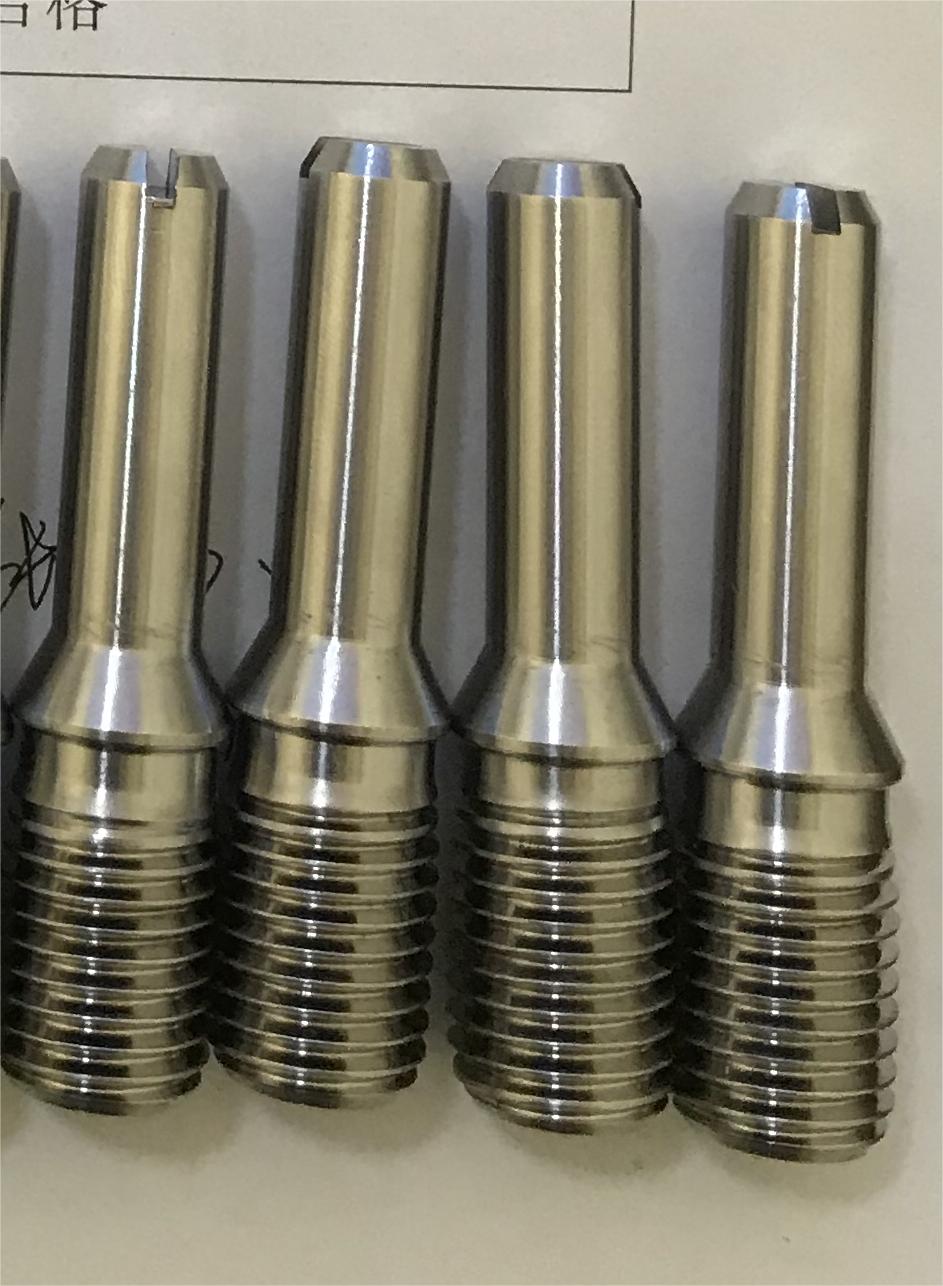
-
 Afrikaans
Afrikaans -
 Albanian
Albanian -
 Amharic
Amharic -
 Arabic
Arabic -
 Armenian
Armenian -
 Azerbaijani
Azerbaijani -
 Basque
Basque -
 Belarusian
Belarusian -
 Bengali
Bengali -
 Bosnian
Bosnian -
 Bulgarian
Bulgarian -
 Catalan
Catalan -
 Cebuano
Cebuano -
 Corsican
Corsican -
 Croatian
Croatian -
 Czech
Czech -
 Danish
Danish -
 Dutch
Dutch -
 English
English -
 Esperanto
Esperanto -
 Estonian
Estonian -
 Finnish
Finnish -
 French
French -
 Frisian
Frisian -
 Galician
Galician -
 Georgian
Georgian -
 German
German -
 Greek
Greek -
 Gujarati
Gujarati -
 Haitian Creole
Haitian Creole -
 hausa
hausa -
 hawaiian
hawaiian -
 Hebrew
Hebrew -
 Hindi
Hindi -
 Miao
Miao -
 Hungarian
Hungarian -
 Icelandic
Icelandic -
 igbo
igbo -
 Indonesian
Indonesian -
 irish
irish -
 Italian
Italian -
 Japanese
Japanese -
 Javanese
Javanese -
 Kannada
Kannada -
 kazakh
kazakh -
 Khmer
Khmer -
 Rwandese
Rwandese -
 Korean
Korean -
 Kurdish
Kurdish -
 Kyrgyz
Kyrgyz -
 Lao
Lao -
 Latin
Latin -
 Latvian
Latvian -
 Lithuanian
Lithuanian -
 Luxembourgish
Luxembourgish -
 Macedonian
Macedonian -
 Malgashi
Malgashi -
 Malay
Malay -
 Malayalam
Malayalam -
 Maltese
Maltese -
 Maori
Maori -
 Marathi
Marathi -
 Mongolian
Mongolian -
 Myanmar
Myanmar -
 Nepali
Nepali -
 Norwegian
Norwegian -
 Norwegian
Norwegian -
 Occitan
Occitan -
 Pashto
Pashto -
 Persian
Persian -
 Polish
Polish -
 Portuguese
Portuguese -
 Punjabi
Punjabi -
 Romanian
Romanian -
 Russian
Russian -
 Samoan
Samoan -
 Scottish Gaelic
Scottish Gaelic -
 Serbian
Serbian -
 Sesotho
Sesotho -
 Shona
Shona -
 Sindhi
Sindhi -
 Sinhala
Sinhala -
 Slovak
Slovak -
 Slovenian
Slovenian -
 Somali
Somali -
 Spanish
Spanish -
 Sundanese
Sundanese -
 Swahili
Swahili -
 Swedish
Swedish -
 Tagalog
Tagalog -
 Tajik
Tajik -
 Tamil
Tamil -
 Tatar
Tatar -
 Telugu
Telugu -
 Thai
Thai -
 Turkish
Turkish -
 Turkmen
Turkmen -
 Ukrainian
Ukrainian -
 Urdu
Urdu -
 Uighur
Uighur -
 Uzbek
Uzbek -
 Vietnamese
Vietnamese -
 Welsh
Welsh -
 Bantu
Bantu -
 Yiddish
Yiddish -
 Yoruba
Yoruba -
 Zulu
Zulu
Feb . 12, 2025 16:43
Back to list
Automatic nut and bolt threading rod thread rolling machine
Thread rolling machines are cornerstone investments in the manufacturing sector, known for their efficiency and precision in producing high-quality threads on bolts, screws, and other fasteners. These machines form threads by rolling a blank between two dies, which strengthens the material through work hardening, leading to superior product durability. Understanding the pricing dynamics of these machines can significantly impact purchasing decisions for businesses aiming to raise production standards while staying cost-effective.
Understanding total cost of ownership (TCO) is crucial for making a well-informed decision. It includes the purchase price, installation costs, maintenance, energy consumption, and potential downtime. It's wise to consider machine efficiency, as more efficient models consume less energy and require less frequent maintenance, thus reducing operational costs in the long run. Another important factor is the potential need for customization. Some manufacturers might offer customized machines tailored to specific manufacturing processes, but these typically command a premium. However, they provide a great advantage by optimizing performance specifically for the product line intended, thus enhancing production output and quality. The buying process should also consider secondary market options. Pre-owned or refurbished machines can offer significant cost savings, especially for businesses constrained by tight budgets. They can often be just as effective as new ones, provided they come from reputable sources that offer warranty and technical support. Investing in a thread rolling machine should not be a spur-of-the-moment decision. It requires careful examination of current and future production needs. Engaging with industry experts, attending trade shows, and consulting with manufacturers can provide invaluable insights. Additionally, seeking peer reviews and firsthand operational evaluations from current machine users can further guide a sound investment decision. Finally, establishing a relationship with a manufacturer or dealer that prioritizes after-sales support can provide peace of mind and ensure long-term operational success. Comprehensive warranties, readily available parts, and reliable technical support can prevent costly downtime and ensure continuity in production. These considerations collectively underline the importance of balancing initial expenditure with expected long-term benefits, ensuring the chosen thread rolling machine enhances operational efficiency and business profitability.


Understanding total cost of ownership (TCO) is crucial for making a well-informed decision. It includes the purchase price, installation costs, maintenance, energy consumption, and potential downtime. It's wise to consider machine efficiency, as more efficient models consume less energy and require less frequent maintenance, thus reducing operational costs in the long run. Another important factor is the potential need for customization. Some manufacturers might offer customized machines tailored to specific manufacturing processes, but these typically command a premium. However, they provide a great advantage by optimizing performance specifically for the product line intended, thus enhancing production output and quality. The buying process should also consider secondary market options. Pre-owned or refurbished machines can offer significant cost savings, especially for businesses constrained by tight budgets. They can often be just as effective as new ones, provided they come from reputable sources that offer warranty and technical support. Investing in a thread rolling machine should not be a spur-of-the-moment decision. It requires careful examination of current and future production needs. Engaging with industry experts, attending trade shows, and consulting with manufacturers can provide invaluable insights. Additionally, seeking peer reviews and firsthand operational evaluations from current machine users can further guide a sound investment decision. Finally, establishing a relationship with a manufacturer or dealer that prioritizes after-sales support can provide peace of mind and ensure long-term operational success. Comprehensive warranties, readily available parts, and reliable technical support can prevent costly downtime and ensure continuity in production. These considerations collectively underline the importance of balancing initial expenditure with expected long-term benefits, ensuring the chosen thread rolling machine enhances operational efficiency and business profitability.
Share:
Latest news
Upgrade Your Production Line With Advanced Threading Solutions
NewsJun.12,2025
Optimize Precision With Advanced Thread Rolling Equipment
NewsJun.12,2025
Maximize Production With A High-Speed Thread Rolling Machine
NewsJun.12,2025
Master Precision Engineering With The Right Roller Threading Machine
NewsJun.12,2025
Find The Right Thread Rolling Tool For Precision Threading
NewsJun.12,2025
Boost Efficiency With Our Thread Rolling Machine
NewsJun.12,2025
